Death may feel like the final chapter of a person’s story. While it can be heartbreaking for loved ones, those approaching death may actually experience surprising moments of euphoria. Palliative care worker Simon Boas once shared this perspective in a BBC interview, reflecting on his own near-death experience. "I'm as happy as I've ever been in my life," he said, speaking from the edge of that transition.

The experience of dying is still a mystery, but research suggests some may feel happiness or euphoria in their final moments. One example is neuroanatomist Jill Bolte-Taylor, who, in her TED talk, shared how she felt a profound sense of euphoria and even nirvana during a near-death experience following a stroke that shut down her left brain hemisphere.

In September 2023, Simon was diagnosed with throat cancer. He was just 46 when he was told that he didn’t have too much time to live. Recording the experiences of his life, Simon wrote a book called “A Beginner's Guide to Dying,” which is set to be published posthumously in October 2024. “What I'm trying to convey is how enjoying life to the full kind of prepares you for this,” he told BBC of his upcoming book.
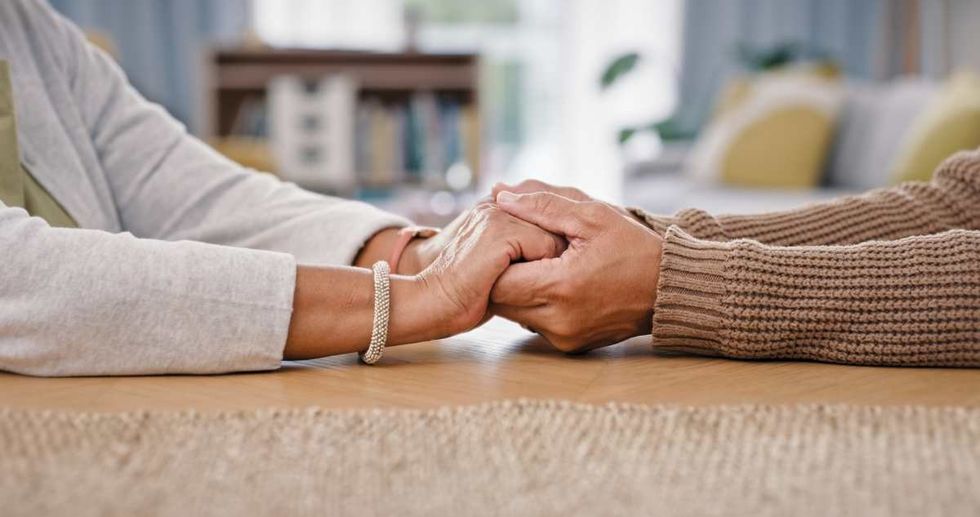
He went on to recount some of his experiences where death was believed to be a part of life and hence prepared him for the moment that was to come. “I've lived in places where death is something that not just exists in the background, but is imminently possible,” he said. It is not just Simon’s belief. Buddhists have long considered death a “part of life.” According to them, life, death, and rebirth are a cycle, and the ultimate goal of humans is to become free of this cycle.
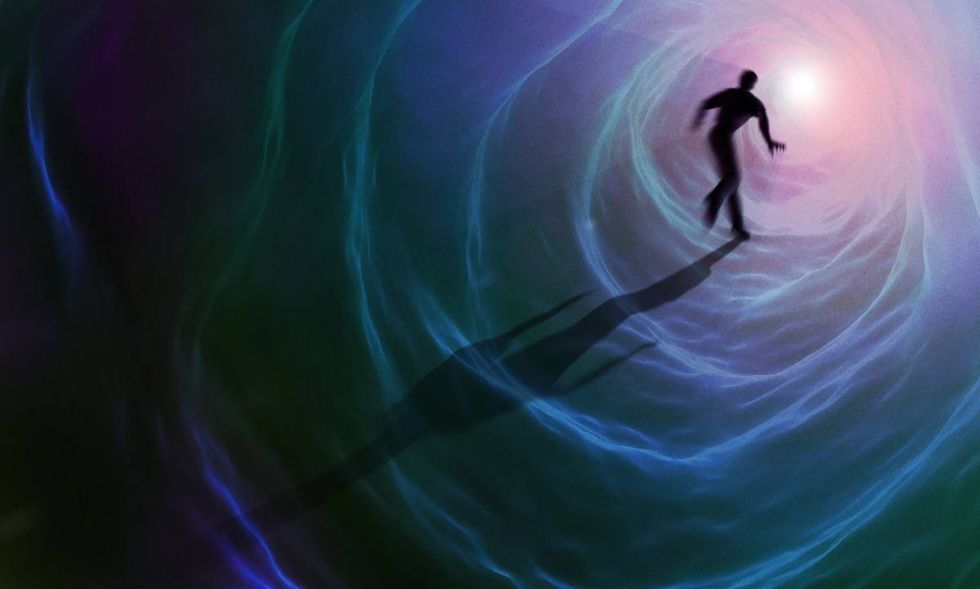
“It does us all good to think about it. That's not in a gloomy way... by kind of realizing it's inevitable and it's a part of life, it actually throws life into perspective and helps you to enjoy it more and prioritize the important things,” Simon said. How Simon was able to maintain such cheerfulness in what he knew was his last few days, can also be explained by science.
A 2011 study showed that dying rats depicted high levels of a brain chemical called serotonin, which is linked with feelings of happiness. No wonder, something similar could happen in dying humans too. Plus, a 2017 research published in the journal Psychological Science also showed that the experience of dying people is surprisingly positive, and even more so, it is filled with love and hope.
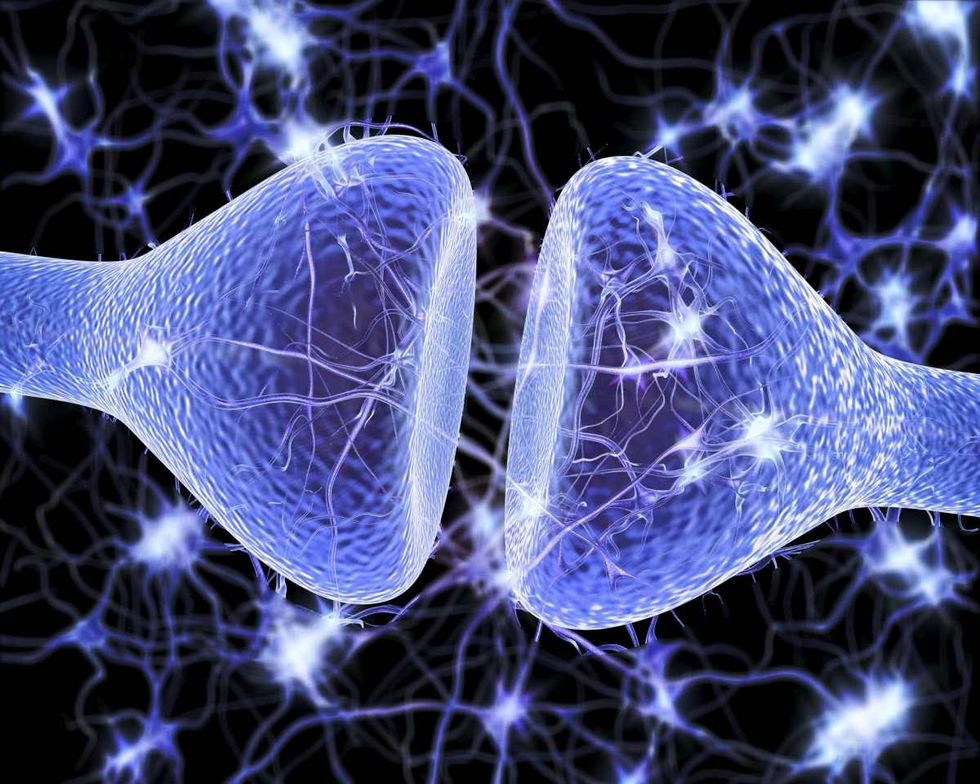
“You don't need to have been a politician or a mover and shaker or an aid worker or anything in life. All of us make a huge difference,” Simon proclaimed. “All our tombs will be unvisited in a few years; all our actions will mostly be unremembered; but the smile you gave the checkout lady or the kind words you gave to a stranger in the street could still be rippling forward. We all have that opportunity and it's a huge power. And I want everyone to realize how special and precious they are.”
“All our lives are little books,” Simon said to BBC, “but they're not someone else's complete book. You're a chapter or a page or a footnote in someone else's life and they are going to keep writing beautiful chapters when you are gone.” Simon’s words strongly resonate with Roman philosopher Seneca, who once said, “To have lived long enough depends neither upon our years nor upon our days, but upon our minds.”

















 Pexels | Photo by Andrea Piacquadio
Pexels | Photo by Andrea Piacquadio
 An Atlantic grey seal looking at the camera underwater. (Representative Image Source: Getty Images | Mark Chivers)
An Atlantic grey seal looking at the camera underwater. (Representative Image Source: Getty Images | Mark Chivers) A grey seal swims up to a scuba diver. (Representative Image Source: Getty Images | Huw Thomas)
A grey seal swims up to a scuba diver. (Representative Image Source: Getty Images | Huw Thomas)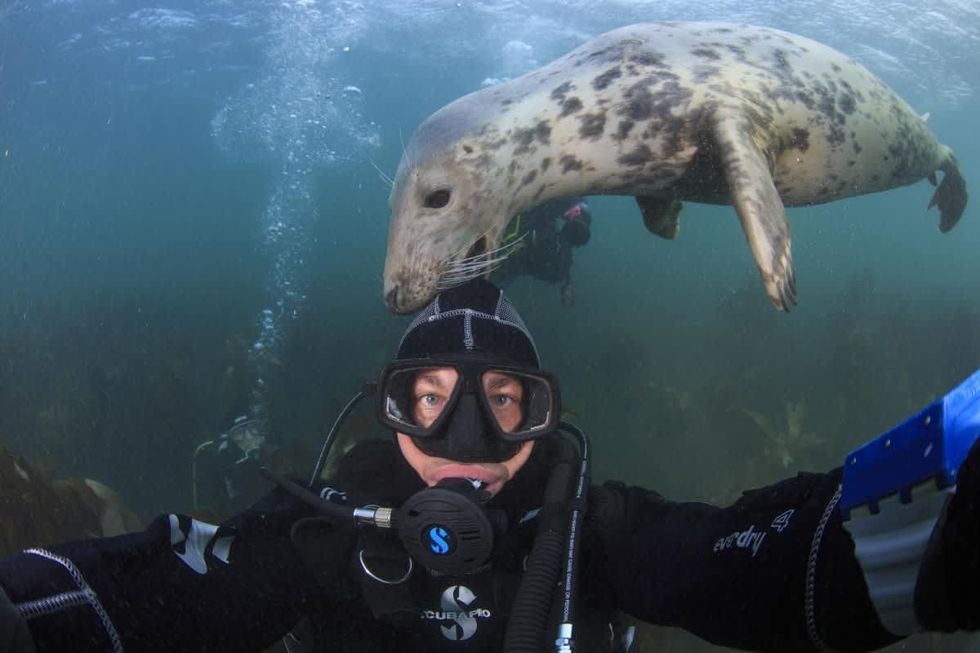 A Grey seal nibbles at the hood of a scuba diver. (Representative Image Source: Getty Images | Bernard Radvaner)
A Grey seal nibbles at the hood of a scuba diver. (Representative Image Source: Getty Images | Bernard Radvaner)
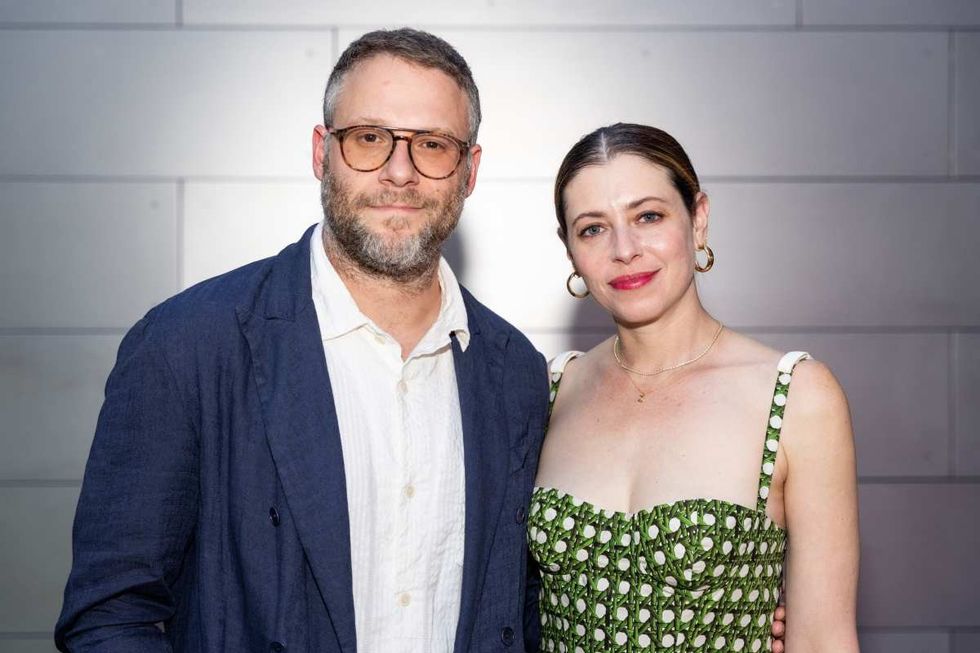 Image Source: Seth Rogen and Lauren Miller Rogen co-host the HFC Austin Brain Health Dinner on September 30, 2023, in Austin, Texas. (Photo by Rick Kern/Getty Images for Hilarity for Charity)
Image Source: Seth Rogen and Lauren Miller Rogen co-host the HFC Austin Brain Health Dinner on September 30, 2023, in Austin, Texas. (Photo by Rick Kern/Getty Images for Hilarity for Charity) Image Source: Seth Rogen and Lauren Miller Rogen attend the 95th Annual Academy Awards on March 12, 2023 in Hollywood, California. (Photo by Arturo Holmes/Getty Images )
Image Source: Seth Rogen and Lauren Miller Rogen attend the 95th Annual Academy Awards on March 12, 2023 in Hollywood, California. (Photo by Arturo Holmes/Getty Images ) Image Source: YouTube |
Image Source: YouTube |  Image Source: YouTube |
Image Source: YouTube | 
 Image Source: In this handout photo provided by the National Science Foundation, the Event Horizon Telescope captures a black hole at the center of galaxy M87 in an image released on April 10, 2019. (National Science Foundation via Getty Images)
Image Source: In this handout photo provided by the National Science Foundation, the Event Horizon Telescope captures a black hole at the center of galaxy M87 in an image released on April 10, 2019. (National Science Foundation via Getty Images)
 Representational Image Source: Pexels I Photo by Nataliya Vaitkevich
Representational Image Source: Pexels I Photo by Nataliya Vaitkevich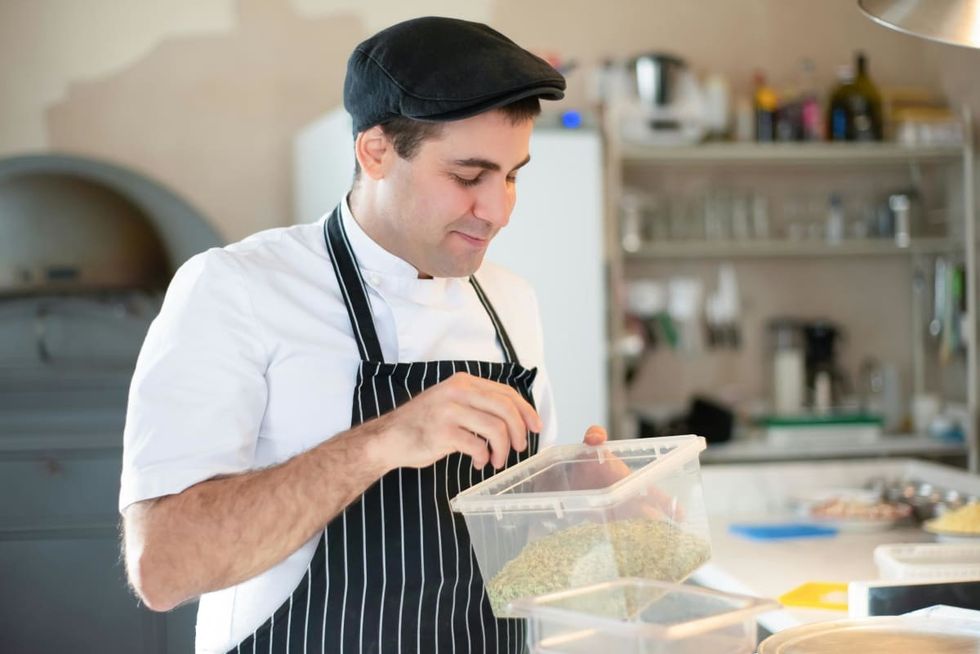 Representative Image Source: Pexels | Kampus Production
Representative Image Source: Pexels | Kampus Production
 Image Source: Destroyed vehicles lie near the rubble after the earthquake and tsunami devastated the area on March 16, 2011, in Minamisanriku, Japan. The 9.0 magnitude strong earthquake struck offshore on March 11 at 2:46 pm local time, triggering a tsunami wave of up to ten meters which engulfed large parts of north-eastern Japan. (Photo by Chris McGrath/Getty Images)
Image Source: Destroyed vehicles lie near the rubble after the earthquake and tsunami devastated the area on March 16, 2011, in Minamisanriku, Japan. The 9.0 magnitude strong earthquake struck offshore on March 11 at 2:46 pm local time, triggering a tsunami wave of up to ten meters which engulfed large parts of north-eastern Japan. (Photo by Chris McGrath/Getty Images) Representative Image Source: Pexels | Pixabay
Representative Image Source: Pexels | Pixabay Representative Image Source: Pexels | Stuart Pritchards
Representative Image Source: Pexels | Stuart Pritchards
 Image Source: Musician Keith Urban and actress Nicole Kidman arrive at the 2009 American Music Awards at Nokia Theatre L.A. Live on November 22, 2009 in Los Angeles, California. (Photo by Jeffrey Mayer/WireImage)
Image Source: Musician Keith Urban and actress Nicole Kidman arrive at the 2009 American Music Awards at Nokia Theatre L.A. Live on November 22, 2009 in Los Angeles, California. (Photo by Jeffrey Mayer/WireImage) Image Source: Keith Urban and Nicole Kidman attend The 2024 Met Gala on May 06, 2024 in New York City. (Photo by John Shearer/WireImage)
Image Source: Keith Urban and Nicole Kidman attend The 2024 Met Gala on May 06, 2024 in New York City. (Photo by John Shearer/WireImage)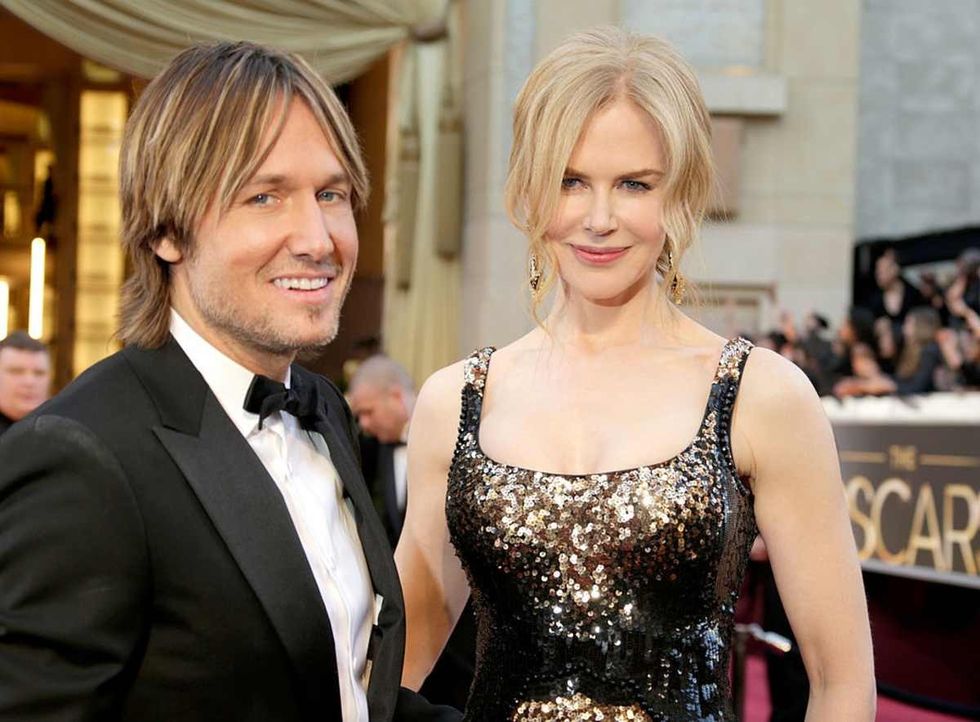 Image Source: Musician Keith Urban and actress Nicole Kidman arrive at the Oscars on February 24, 2013 in Hollywood, California. (Photo by Jeff Vespa/WireImage)
Image Source: Musician Keith Urban and actress Nicole Kidman arrive at the Oscars on February 24, 2013 in Hollywood, California. (Photo by Jeff Vespa/WireImage)
 Representative Image Source: Pexels | August de Richelieu
Representative Image Source: Pexels | August de Richelieu Representative Image Source: Pexels | August de Richelieu
Representative Image Source: Pexels | August de Richelieu Representative Image Source: Pexels | Djordje Vezilic
Representative Image Source: Pexels | Djordje Vezilic Representative Image Source: Pexels | Fauxels
Representative Image Source: Pexels | Fauxels